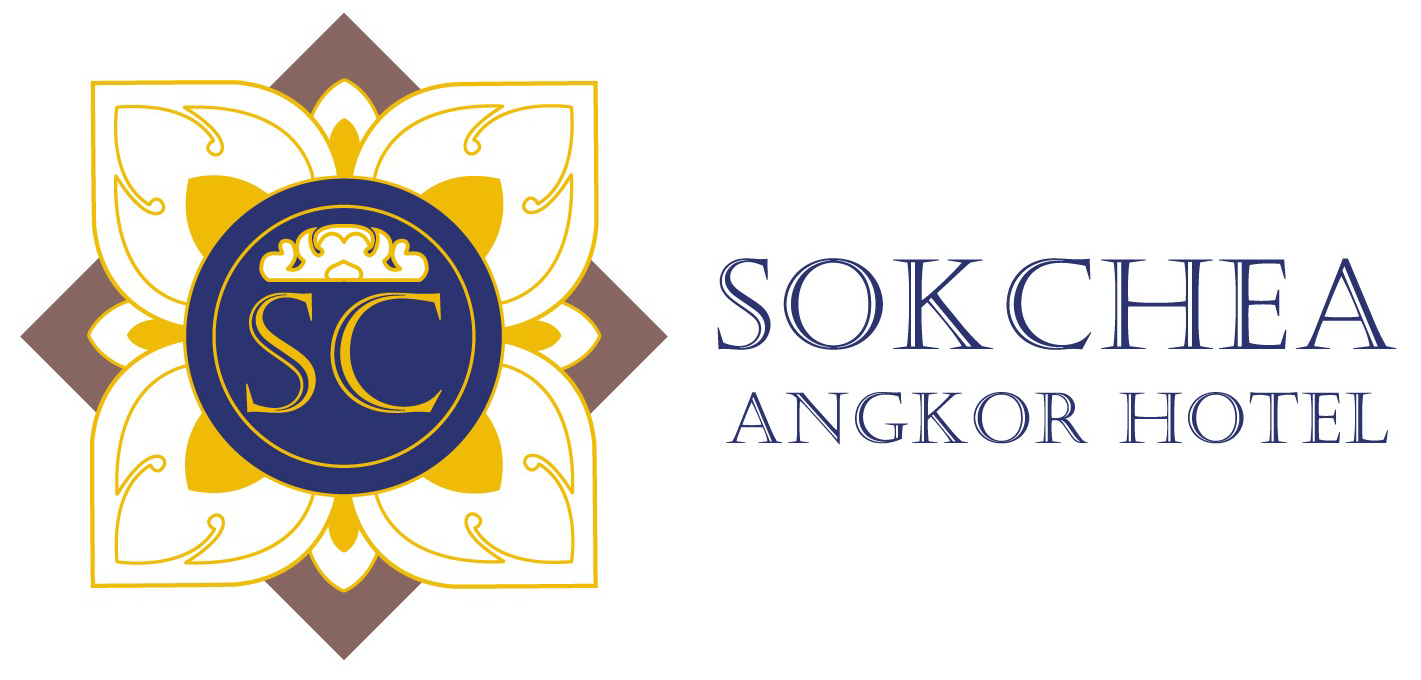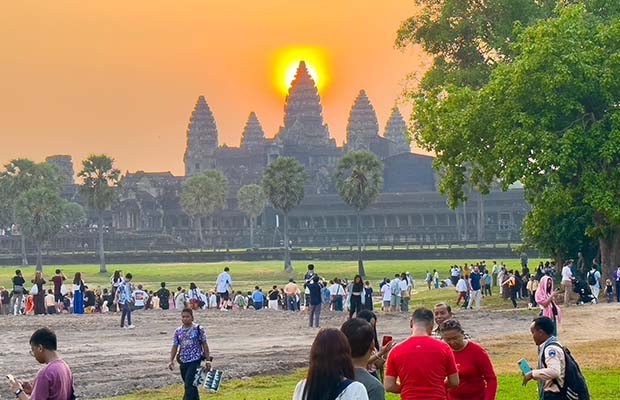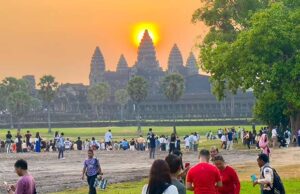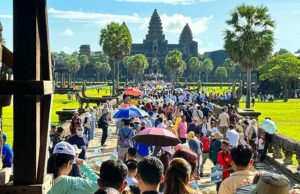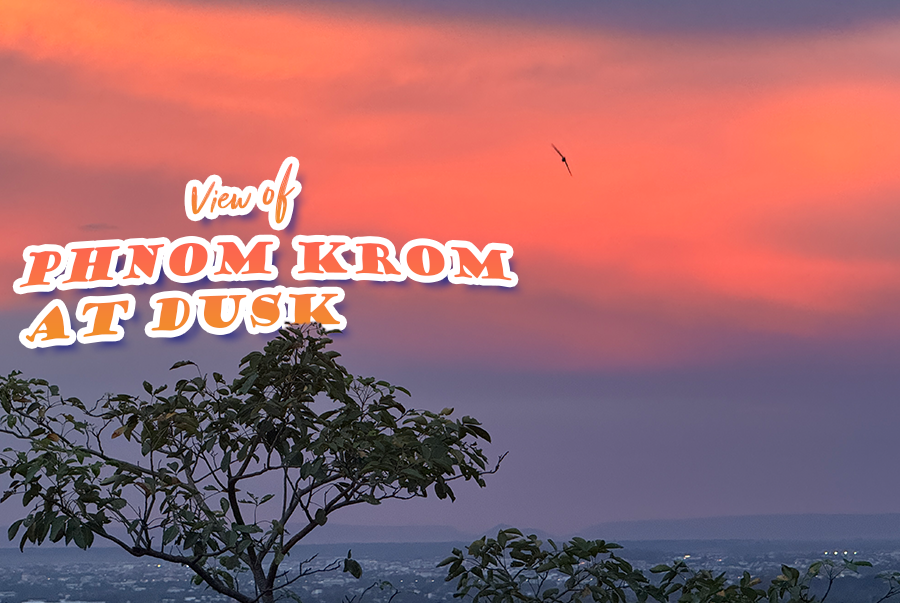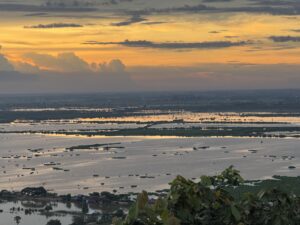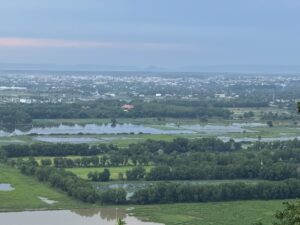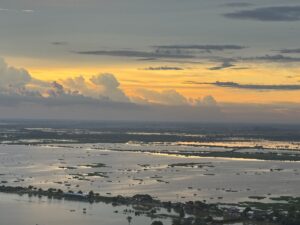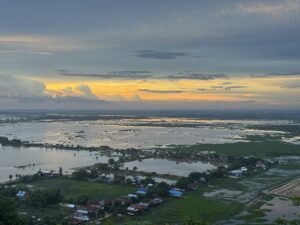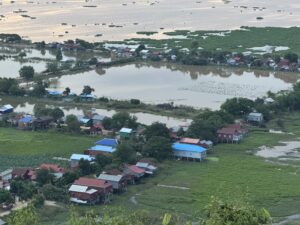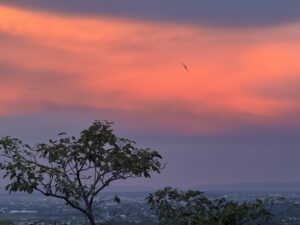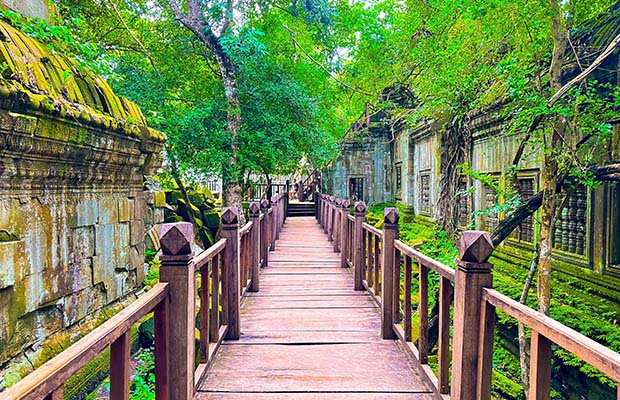Nestled on the edge of Cambodia’s great Tonlé Sap Lake, Mechrey is more than just a floating village—it is a living example of how natural community-based tourism can uplift local livelihoods while preserving a unique ecological and cultural heritage. Located around 25 kilometers from Siem Reap, Mechrey offers travelers an immersive journey into the rhythms of life on water. As the lake expands and contracts with the seasons, the entire village floats with it—homes, schools, shops, and even temples shift position depending on water levels. This remarkable adaptability speaks to the deep connection between the people of Mechrey and the natural environment. The community here largely depends on fishing for their livelihood, and tourism has become a sustainable secondary source of income. Unlike commercialized tourist sites, Mechrey remains relatively unspoiled, making it an ideal destination for those seeking authentic experiences that support the people who live there. Community-based tourism in Mechrey emphasizes local involvement, environmental conservation, and cultural preservation. Visitors are welcomed into the village by local guides, often born and raised in Mechrey, who share their knowledge about traditional fishing practices, floating agriculture, and the delicate balance of life on the Tonlé Sap.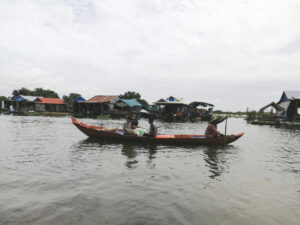 Boat tours offer stunning views of the flooded forests and provide access to the nearby Prek Toal Bird Sanctuary, a haven for rare and endangered water birds. These tours are not only visually breathtaking but also educational, shedding light on the importance of the lake’s unique ecosystem and the threats it faces from climate change and overfishing. What sets Mechrey apart is how tourism is integrated into the community in a respectful and mutually beneficial way. Proceeds from tours often go toward supporting local schools, healthcare, and conservation initiatives. Travelers can even take part in community activities such as cooking traditional Khmer dishes, visiting floating schools, or participating in environmental cleanup efforts. This kind of tourism creates meaningful exchanges between hosts and guests, fostering mutual understanding and respect. However, Mechrey is not without its challenges. Fluctuating water levels, plastic pollution, and limited access to resources make daily life difficult for residents. That’s why responsible tourism is so crucial here—it provides not just income but awareness and advocacy. Organizations and NGOs working in the area help train local guides, develop eco-friendly waste management systems, and empower villagers—especially women and youth—to take on leadership roles in tourism management. For travelers seeking more than just sightseeing, Mechrey offers the chance to witness resilience, ingenuity, and the power of a community united with nature. Visiting Mechrey is not just about observing a floating village; it’s about understanding a way of life and contributing, even in a small way, to its preservation. In doing so, we help ensure that places like Mechrey continue to float—not just on water, but on hope, dignity, and sustainable progress.
Boat tours offer stunning views of the flooded forests and provide access to the nearby Prek Toal Bird Sanctuary, a haven for rare and endangered water birds. These tours are not only visually breathtaking but also educational, shedding light on the importance of the lake’s unique ecosystem and the threats it faces from climate change and overfishing. What sets Mechrey apart is how tourism is integrated into the community in a respectful and mutually beneficial way. Proceeds from tours often go toward supporting local schools, healthcare, and conservation initiatives. Travelers can even take part in community activities such as cooking traditional Khmer dishes, visiting floating schools, or participating in environmental cleanup efforts. This kind of tourism creates meaningful exchanges between hosts and guests, fostering mutual understanding and respect. However, Mechrey is not without its challenges. Fluctuating water levels, plastic pollution, and limited access to resources make daily life difficult for residents. That’s why responsible tourism is so crucial here—it provides not just income but awareness and advocacy. Organizations and NGOs working in the area help train local guides, develop eco-friendly waste management systems, and empower villagers—especially women and youth—to take on leadership roles in tourism management. For travelers seeking more than just sightseeing, Mechrey offers the chance to witness resilience, ingenuity, and the power of a community united with nature. Visiting Mechrey is not just about observing a floating village; it’s about understanding a way of life and contributing, even in a small way, to its preservation. In doing so, we help ensure that places like Mechrey continue to float—not just on water, but on hope, dignity, and sustainable progress.

